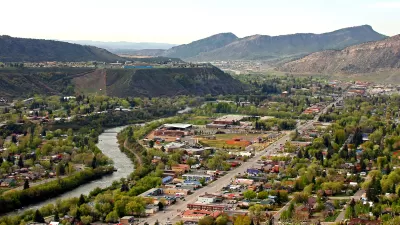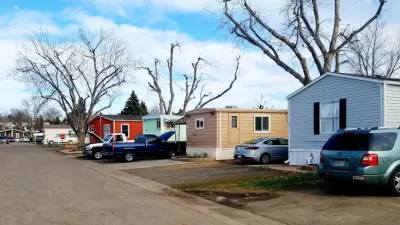Developers and buyers create new models for housing that hold the promise of a more environmentally friendly, connected, and multigenerational way of living.
Cohousing joins coliving, microhousing, accessory dwelling units, and other housing innovations that are meeting the evolving needs of individuals and families. Escalating housing prices, concerns about climate change, and a growing sense of loneliness and isolation are pushing people to reconsider how and where they live.
The residences of Takoma Village, located in Northwest Washington, D.C., flank a small common green that is open to the street. No fence separates the 43-home cohousing development from the single-family and commercial buildings that surround it.
“All of this was intentional,” longtime resident Alicia George says. “We wanted to be good neighbors.”
Being a good neighbor and living in community are essential values for people who choose cohousing projects like Takoma Village. In addition to the village green, the 1.4-acre (0.5 ha) development is anchored by a common house with a large communal kitchen and dining room, a children’s playroom, a cozy living room with a television and a bookcase full of puzzles, and a workshop. The 43 residential units range from one-bedroom apartments to four-bedroom townhouses. Completed in 2001, Takoma Village is the only cohousing project in D.C. In addition to other residences, it is adjacent to a juice bar, coffee shop, and community theater.
FULL STORY: Building Community with Cohousing

Maui's Vacation Rental Debate Turns Ugly
Verbal attacks, misinformation campaigns and fistfights plague a high-stakes debate to convert thousands of vacation rentals into long-term housing.

Planetizen Federal Action Tracker
A weekly monitor of how Trump’s orders and actions are impacting planners and planning in America.

In Urban Planning, AI Prompting Could be the New Design Thinking
Creativity has long been key to great urban design. What if we see AI as our new creative partner?

Florida Seniors Face Rising Homelessness Risk
High housing costs are pushing more seniors, many of them on a fixed income, into homelessness.

Massachusetts Budget Helps Close MBTA Budget Gap
The budget signed by Gov. Maura Healey includes $470 million in MBTA funding for the next fiscal year.

Milwaukee Launches Vision Zero Plan
Seven years after the city signed its Complete Streets Policy, the city is doubling down on its efforts to eliminate traffic deaths.
Urban Design for Planners 1: Software Tools
This six-course series explores essential urban design concepts using open source software and equips planners with the tools they need to participate fully in the urban design process.
Planning for Universal Design
Learn the tools for implementing Universal Design in planning regulations.
Gallatin County Department of Planning & Community Development
Heyer Gruel & Associates PA
JM Goldson LLC
City of Camden Redevelopment Agency
City of Astoria
Transportation Research & Education Center (TREC) at Portland State University
Jefferson Parish Government
Camden Redevelopment Agency
City of Claremont





























